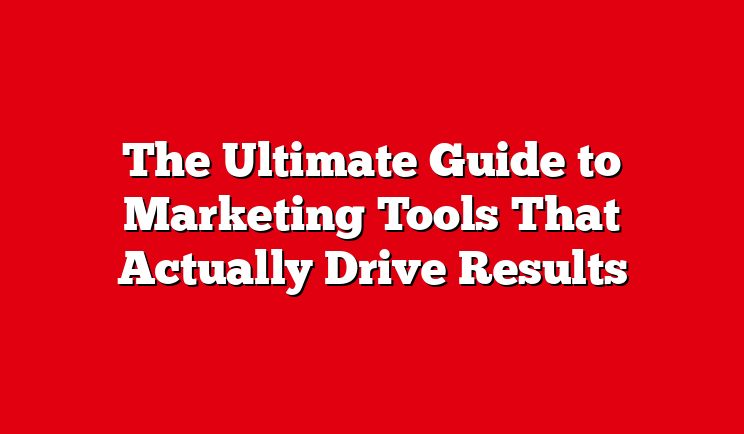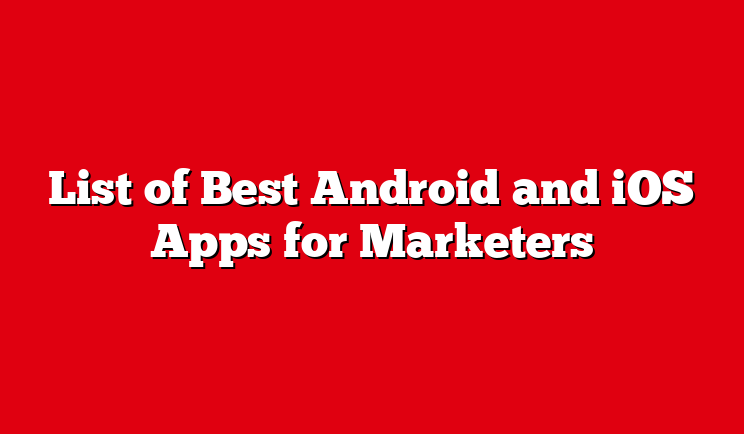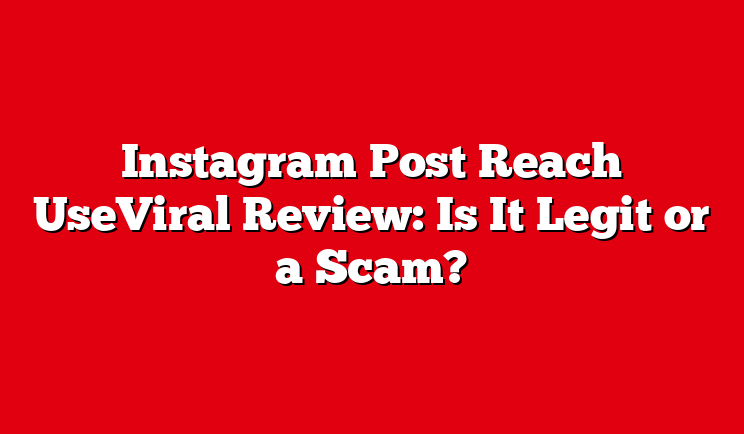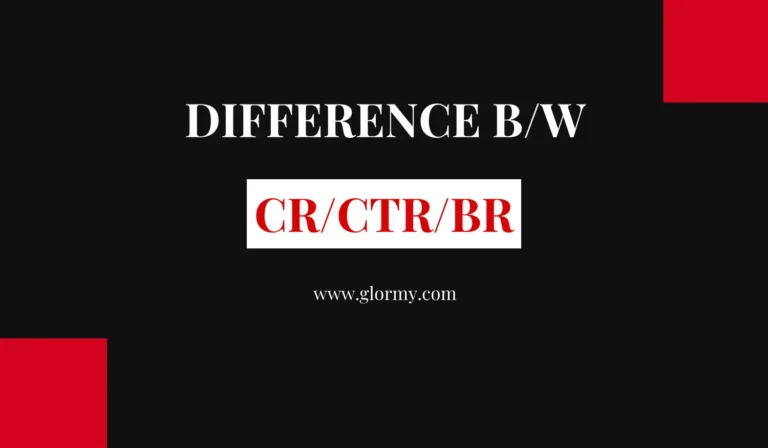The Ultimate Guide to Marketing Tools That Actually Drive Results
Hey marketers, wanna know a secret? The “best” marketing tools aren’t some magical, one-size-fits-all solution. They’re the ones that actually help you achieve your specific goals. So, ditch the hype and let’s get real. This isn’t just a list of trendy software; it’s a curated guide to tools that’ll make your life easier, your campaigns smarter, and your results more impressive.
1. The Foundation: Data & Analytics
Let’s start with the bedrock of any effective marketing strategy: data. Understanding your audience, tracking your progress, and identifying what works (and what doesn’t) is non-negotiable.
- Google Analytics: The undisputed king of web analytics. Track website visits, user engagement, and conversion data. It’s free, robust, and offers insights you can’t ignore.
- Hotjar: Dive deeper into user behavior with heatmaps, recordings, and surveys. See where users click, scroll, and hesitate on your site to optimize for conversions.
- Mixpanel: Go beyond basic analytics and track user journeys, events, and feature adoption. Perfect for understanding how users interact with your product and app.
2. SEO: Dominate the Search Engines
SEO isn’t just about keywords and backlinks anymore. It’s about creating content that people actually want to read and share.
- Ahrefs: A comprehensive SEO toolkit for keyword research, competitor analysis, backlink tracking, and content audits.
- SEMrush: Another powerful SEO platform with features for keyword research, site audits, content optimization, and competitor analysis.
- Moz: A long-time favorite for its SEO tools, including the Keyword Explorer, Rank Tracker, and Open Site Explorer. It’s known for its user-friendly interface and insightful reports.
3. Content Creation: Crafting Compelling Stories
Your content is your voice in the online world. Make sure it’s engaging, informative, and resonates with your audience.
- Grammarly: Eliminate grammar and spelling errors with this AI-powered writing assistant. It’s a must-have for ensuring professionalism and clarity in your writing.
- Canva: Design eye-catching graphics, social media posts, presentations, and even videos using this user-friendly design platform. Canva Pro unlocks premium templates and features.
- Visme: Create stunning visuals, presentations, infographics, and even interactive content with Visme. They even have a fantastic AI LinkedIn post generator that helps you craft engaging LinkedIn content with a single click.
- FlexClip: Easily create professional videos with FlexClip’s intuitive editing tools, whether it’s for business presentations, social media, or personal projects. FlexClip offers AI-powered features like automatic subtitles and text-to-video to streamline your video-making process.
4. Email Marketing Tools: Nurture Your Audience
Email remains a powerful channel for building relationships, driving sales, and fostering loyalty.
- Mailchimp: A user-friendly email marketing platform with features for automation, list segmentation, and campaign analysis. Their free plan also has too many features, ideal to get started.
- ActiveCampaign: A more robust option with features for email automation, marketing automation, and CRM integration. Ideal for companies with intricate marketing requirements.
- ConvertKit: An email marketing platform focused on delivering personalized content and nurturing sales leads through automated sequences.
5. Social Media Marketing Tools: Engage Your Community
Social media is where you connect with your audience, build a brand personality, and share valuable content.
- Buffer: Schedule and publish content across multiple social media platforms with ease. The analytics and reporting features help you measure your performance.
- Hootsuite: A comprehensive social media management platform that includes scheduling, analytics, social listening, and customer engagement tools.
- Sprout Social: A powerful platform for managing social media conversations, monitoring brand mentions, and tracking performance with detailed analytics.
6. Paid Advertising: Reach Your Target Audience
Paid advertising can amplify your reach and deliver targeted messages to your ideal customers.
- Google Ads: Reach a massive audience with text ads, display ads, video ads, and more. Powerful targeting options and robust analytics tools help you optimize your campaigns.
- Facebook Ads: Leverage the vast Facebook audience with targeted ads that reach people based on demographics, interests, and behaviors.
- LinkedIn Ads: Reach professionals and businesses on LinkedIn with targeted ads based on industry, job title, and company size.
7. Project Management: Keep Your Team Aligned
Successful marketing requires seamless collaboration and efficient execution.
- Asana: A project management platform for task management, team communication, and progress tracking. It ensures everyone stays aligned and informed.
- Trello: A visual project management platform utilizing boards, lists, and cards to streamline tasks and workflows. It’s user-friendly and highly collaborative.
- ClickUp: A comprehensive project management platform that combines task management, project planning, and communication tools.
8. Analytics & Reporting: Measure What Matters
Don’t just do marketing; prove it. Leverage these tools to monitor progress and make informed, data-driven choices.
- Looker Studio: Create interactive dashboards and reports to visualize your marketing data from multiple sources. It’s free and easy to use.
- Power BI: A powerful data visualization tool for creating custom dashboards, reports, and interactive visualizations. It’s ideal for businesses with complex data needs.
Building Your Marketing Toolkit
Remember, the “best” tools are the ones that fit your specific needs and goals. Consider these essential factors:
- Budget: Some tools offer free plans, while others require paid subscriptions.
- Ease of Use: Choose tools that are intuitive and easy to learn, especially if you’re working with a small team.
- Integrations: Ensure your tools integrate seamlessly with your existing software stack.
- Support: Look for tools with responsive customer support in case you need help.
The Bottom Line:
Don’t get caught up in the hype surrounding the latest marketing tools. Focus on finding the ones that deliver tangible results for your business. Choose wisely, test thoroughly, and keep your eyes on the prize: achieving your marketing goals.









